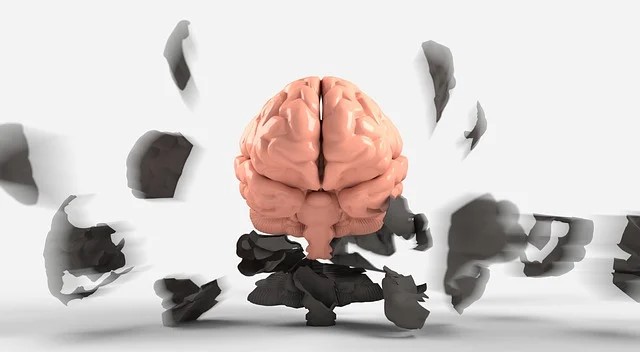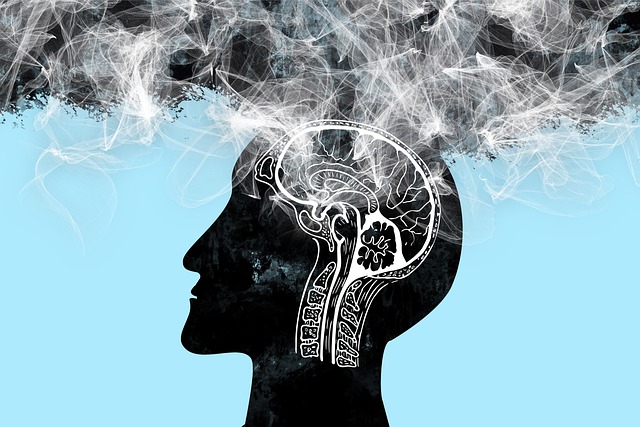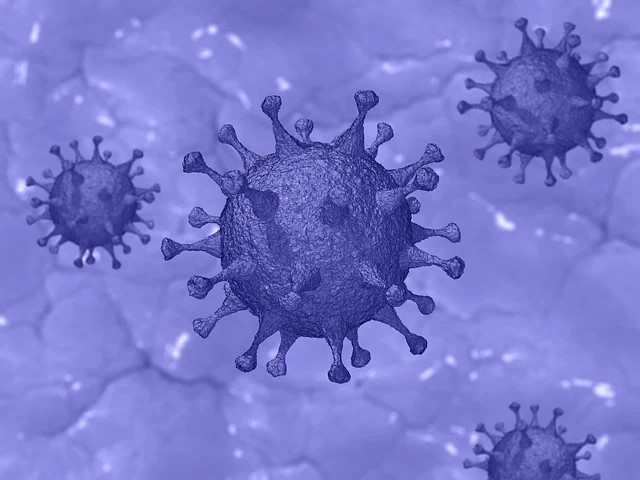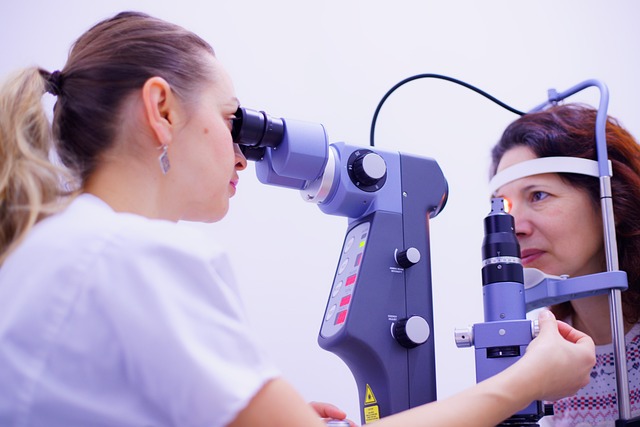
Gastrointestinal Tract in Hunger and Satiety Signaling: Neurobiological Insights
The gastrointestinal tract plays a crucial role in hunger and satiety signaling, orchestrating complex interactions with the brain to regulate food intake and energy balance, providing a neurobiological framework for understanding appetite control and feeding behavior.
November 2022

Structural Brain Changes Associated with SARS-CoV-2 Infection: Longitudinal Imaging Study
The first longitudinal imaging study before and after SARS-CoV-2 infection, with controls, investigates structural brain changes associated with COVID-19, shedding light on the neurological consequences of the virus and potential long-term effects on brain health.
November 2022

Reduced Embodiment of Emotions in Autism: Insights from Neuroimaging Studies
Patients with autism spectrum disorder (ASD) demonstrate reduced recruitment of the somatosensory system during emotional discrimination tasks, providing neurobiological insights into the altered processing of emotional stimuli in individuals with ASD.
November 2022

Mortality Associated with Mental Disorders: Addressing Health Disparities
People with mental disorders experience premature mortality compared to those without mental illness, highlighting the need for integrated care approaches and health interventions to address the underlying health disparities and improve outcomes in this population.
November 2022

Association of Strabismus with Mental Disorders in Children: Exploring Links
There is a moderate association between strabismus (ocular misalignment) and mental disorders such as mood disorders, schizophrenia, and anxiety in children, suggesting potential shared mechanisms or risk factors between these conditions.
November 2022

Psychiatric Symptoms as Manifestations of Underlying Diseases: Diagnostic Challenges
Psychiatric symptoms can reflect underlying brain dysfunction associated with various medical conditions, complicating differential diagnosis and emphasizing the importance of comprehensive medical evaluation in patients presenting with neuropsychiatric manifestations.
November 2022

Cognitive Disorders One Year After COVID-19: Longitudinal Observations
Long-term cognitive impairment is common following SARS-CoV-2 infection, according to longitudinal observations, highlighting the need for comprehensive neurological assessment and management strategies to address post-COVID cognitive sequelae.
November 2022

High Cardiovascular Risk in Patients with Mental Illness: Early Intervention Strategies
Early identification and management of cardiovascular risk factors are crucial in patients with mental illness to mitigate the heightened cardiovascular risk associated with psychiatric conditions and improve long-term cardiovascular outcomes in this vulnerable population.
November 2022
Acute Coronary Syndrome: Clinical Presentation and Diagnostic Challenges
Chest pain at rest is the most common presenting symptom of acute coronary syndrome, highlighting the importance of timely recognition and diagnostic evaluation to guide appropriate management and improve outcomes in affected individuals.
November 2022
















